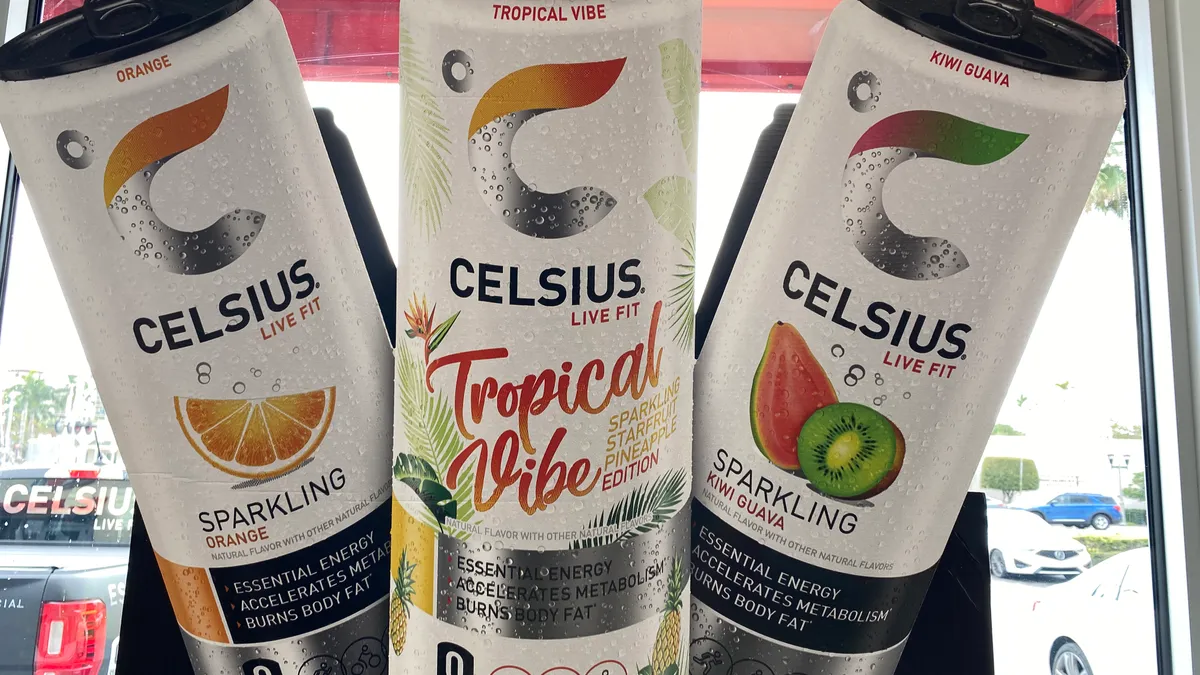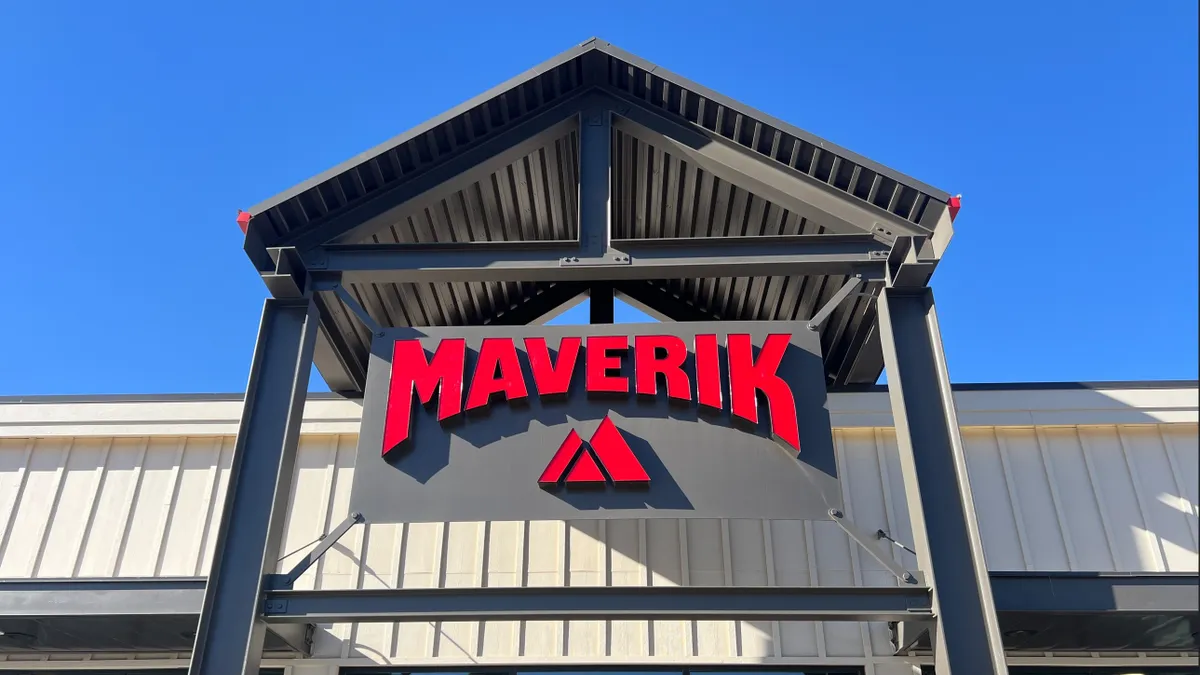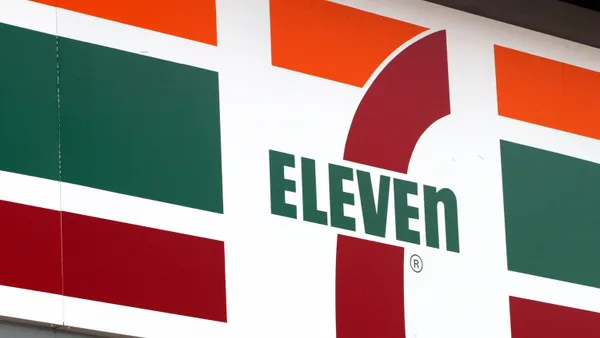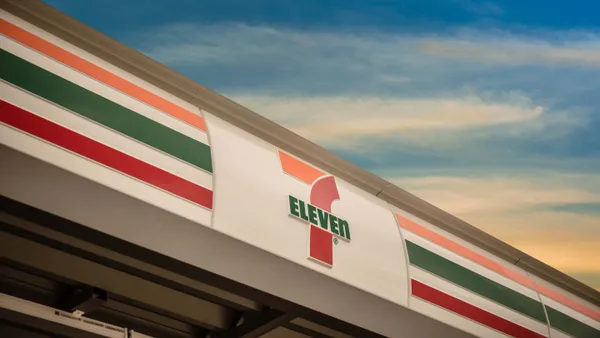Dive Brief:
- Celsius Holdings is buying energy drink rival Alani Nu for $1.8 billion in cash and stock, including $150 million in tax assets. It’s the biggest deal for Celsius since the Florida-based company was founded in 2004.
- The deal allows Celsius to add a fast-growing beverage popular with young women while further expanding its portfolio of sugar-free drinks marketed as a better-for-you alternative to other offerings on the market. “We want to be a major player in the energy category, so this deal further advances” that goal, Celsius CEO John Fieldly told Food Dive.
- The transaction, which is expected to close in the second quarter, comes as Celsius has seen revenue growth slow. Celsius on Thursday said revenue totaled $332 million during its fourth quarter, a decline of 4% from the same period a year earlier.
Dive Insight:
As competition in the energy drink space intensifies, Celsius is spending big to ensure the company is better positioned to compete against Red Bull, Monster and trendy upstarts.
“Being a single brand in the energy category, competing against some of the larger players, is a disadvantage, because you’re not able to leverage pricing promotional strategies between brands,” Fieldly said in an interview on the sidelines of the Consumer Analyst Group of New York conference in Florida. “This allows us to compete at that higher level to really continue to drive our growth and share.”
Alani Nu, which was founded in 2018 by fitness influencer Katy Hearn, saw revenue soar to $600 million last year due to its trendy product and the backing of social media influencers. Sales at U.S. retail and convenience stores rose 78% year over year during the four weeks ended Jan. 26, according to Circana data provided by Celsius. Alani Nu is "highly profitable," Fieldly told analysts.
Even though both Celsius and Alani Nu are sugar-free and have a large presence with female consumers, Fieldly said there is a minimal risk for one brand cannibalizing the other's sales. He estimated up to 14% of energy drink users move between Celsius and Alani Nu.
Celsius will have a 16% market share of the $23 billion energy drink space once the deal closes, up from 11% today.
“Our main focus is to drive incrementality in the energy category and continue to drive growth,” Fieldly said. “And when you look at the usage occasion expansion within energy .... the opportunities are massive, and both these brands play in that.”
Robert Moskow, an analyst with TD Cowen, was skeptical about the acquisition benefits for Celsius.
In a research note, he said management may be understating the degree to which Alani Nu overlaps with Celsius in sugar-free energy and young, affluent female consumers. Shopper loyalty for the six-year-old Alani Nu also may not be as high as Celsius believes, noting the upstart brand's ties to social media which is notorious for low barriers to entry and high churn rates.
“We can’t help but worry that management may have rushed to make a deal to offset deceleration in its core business,” Moskow said.
Fieldly downplayed the purchase as a knee-jerk reaction to the recent challenges facing Celsius.
“We had a slow start to the year,” he conceded. “But we have a robust innovation campaign and strategy we’ll be rolling out this year. We're highly confident that Celsius is well positioned to capitalize on the health and wellness trends in the energy category.”
Energy drinks have garnered a reputation as highly caffeinated beverages consumed by people looking for a pick-me-up, such as construction workers or college students pulling all-nighters. But increasing consumer interest in better-for-you and functional offerings has increased demand for drinks catering to health and wellness.
Few companies have benefited as much as Celsius. Revenue soared to $1.4 billion in 2024 from $17 million nearly a decade ago. Celsius also has proven to be a shrewd marketer and innovator, with unique flavor combinations, such as Green Apple Cherry, Kiwi Guava and Mango Passionfruit, which helped the company to stand out from its peers.
But Celsius has experienced mounting competition, with Red Bull and Monster leaning heavily into the sugar-free segment. Keurig Dr Pepper also boosted its presence in energy drinks by spending more than $1 billion for Ghost last year and Molson Coors recently acquired a majority stake in Zoa. Inflation also has curtailed consumer purchases of energy drinks, especially in convenience stores.
The purchase also brings Celsius a significant presence in supplements and food through Alani Nu’s protein shakes and bars. Roughly $120 million of the $2 billion in sales the combined company is expected to generate would come from non-ready-to-drink products.
“It’s meaningful business, and it does allow us to further look into expanded opportunities and adjacent categories,” Fieldly said.
The addition of Alani Nu is the latest move by Celsius this year to expand beyond its original energy drink line. Last month, it launched a hydration offering without caffeine to increase consumption of the Celsius brand among existing users and to attract new individuals to the brand who may have avoided it because of the stimulant.














